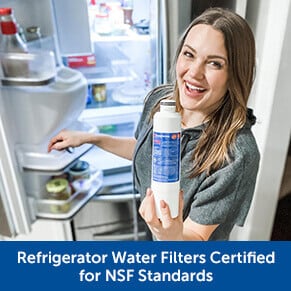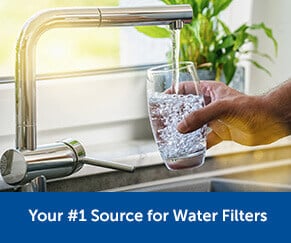I have seen a lot of water filters and water dispensers which do not use any electric power. However my question is Do they actually purify water or is it some bogus stuff. I see just a filter inside. How can it purify the water is my question. Do people buy simply for the sake of it, or because it purifies water.














Comment